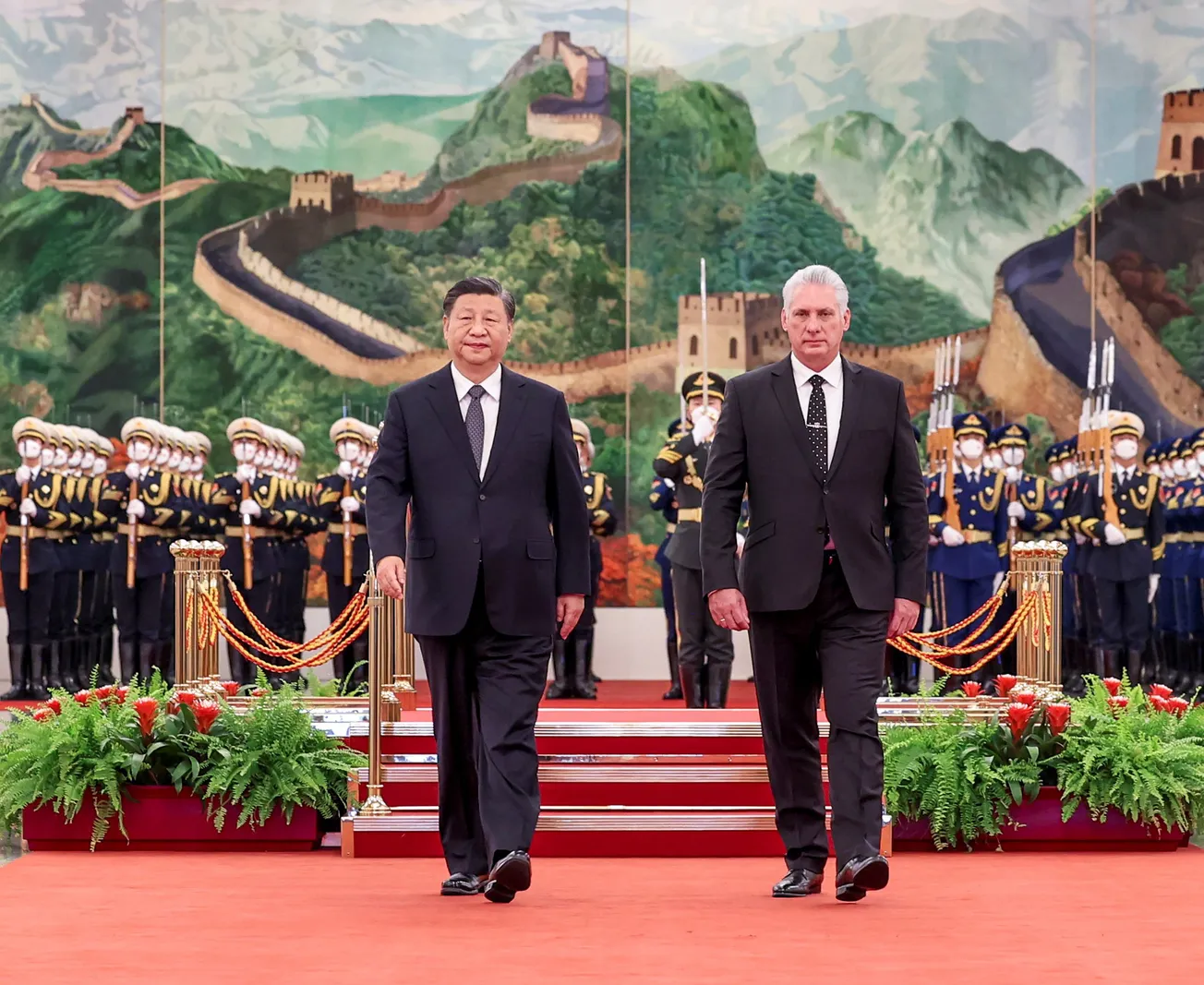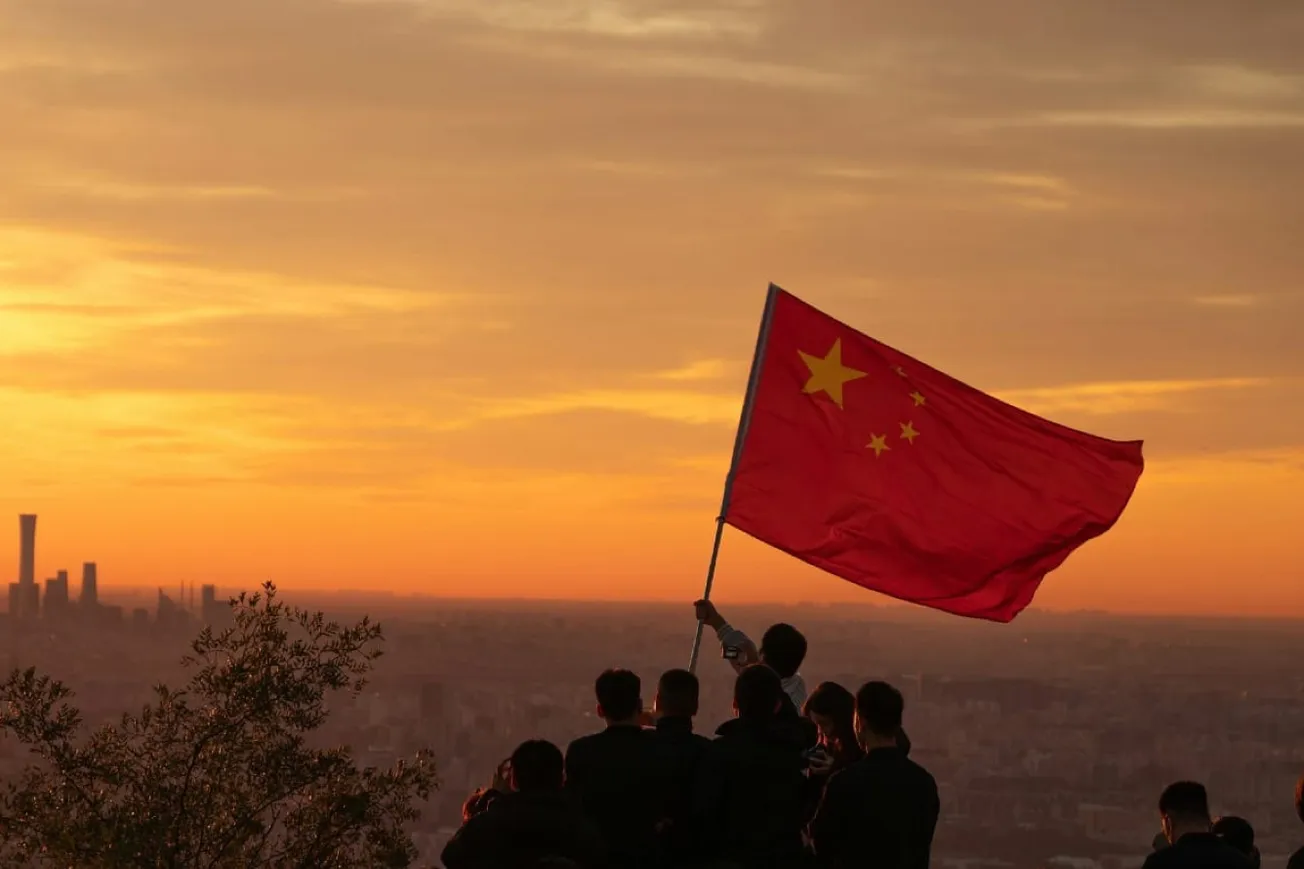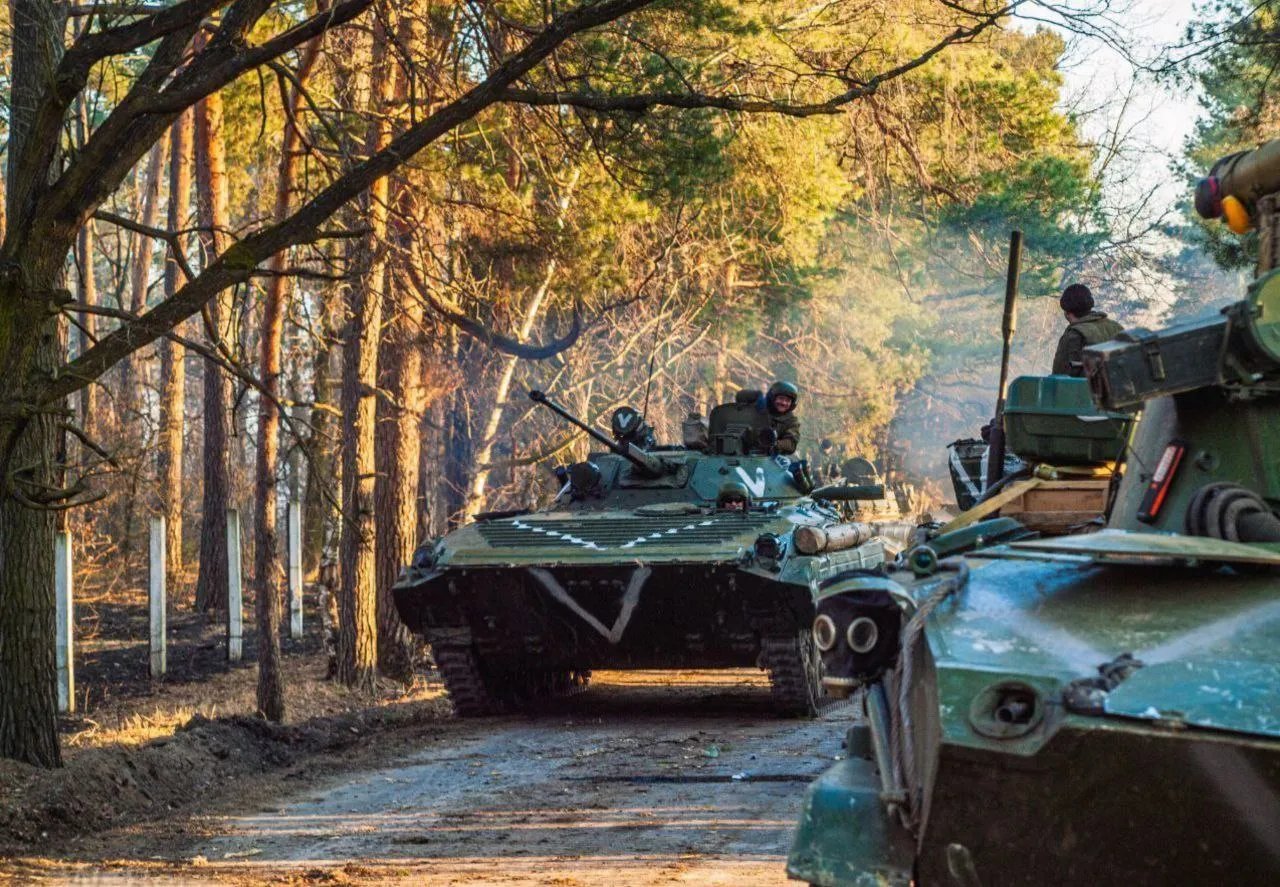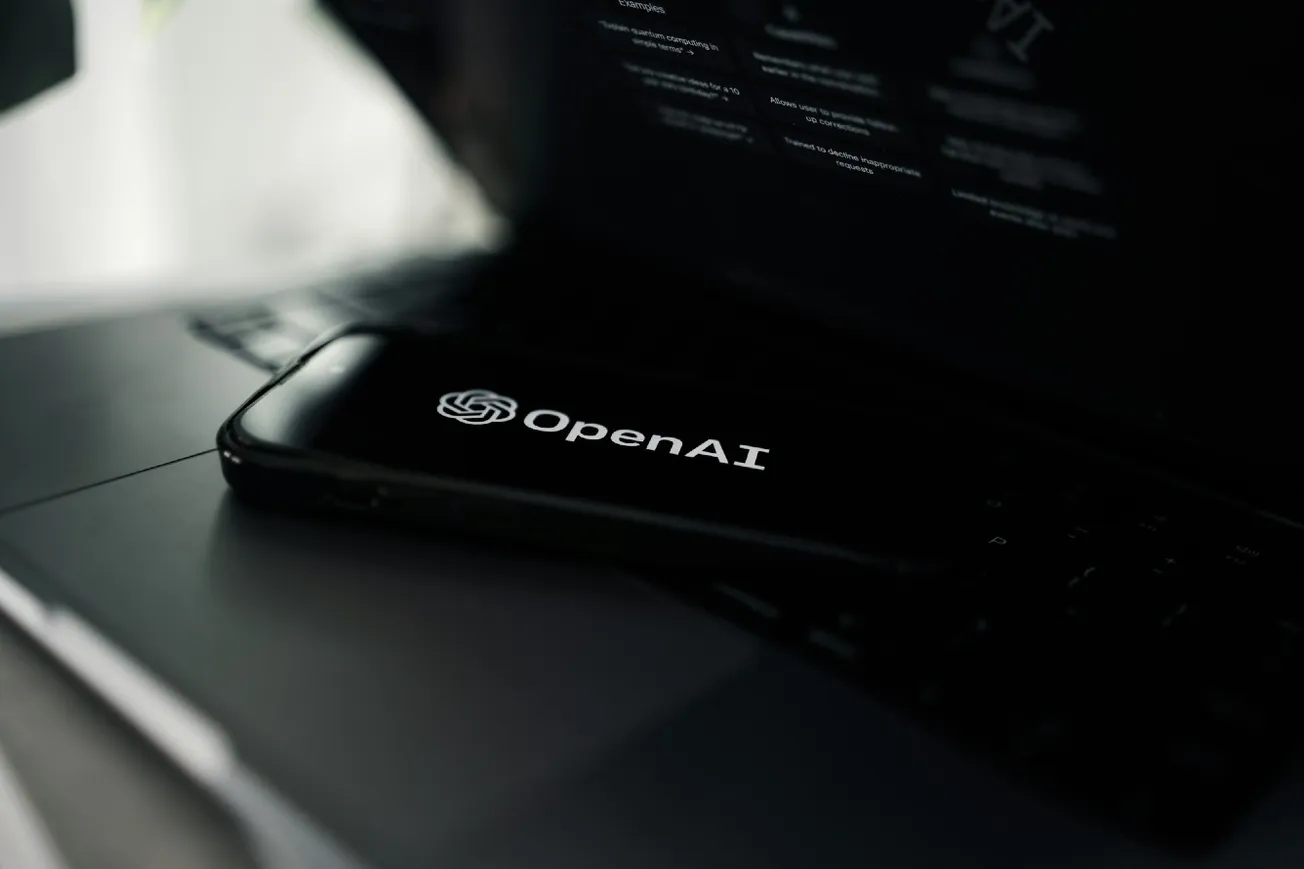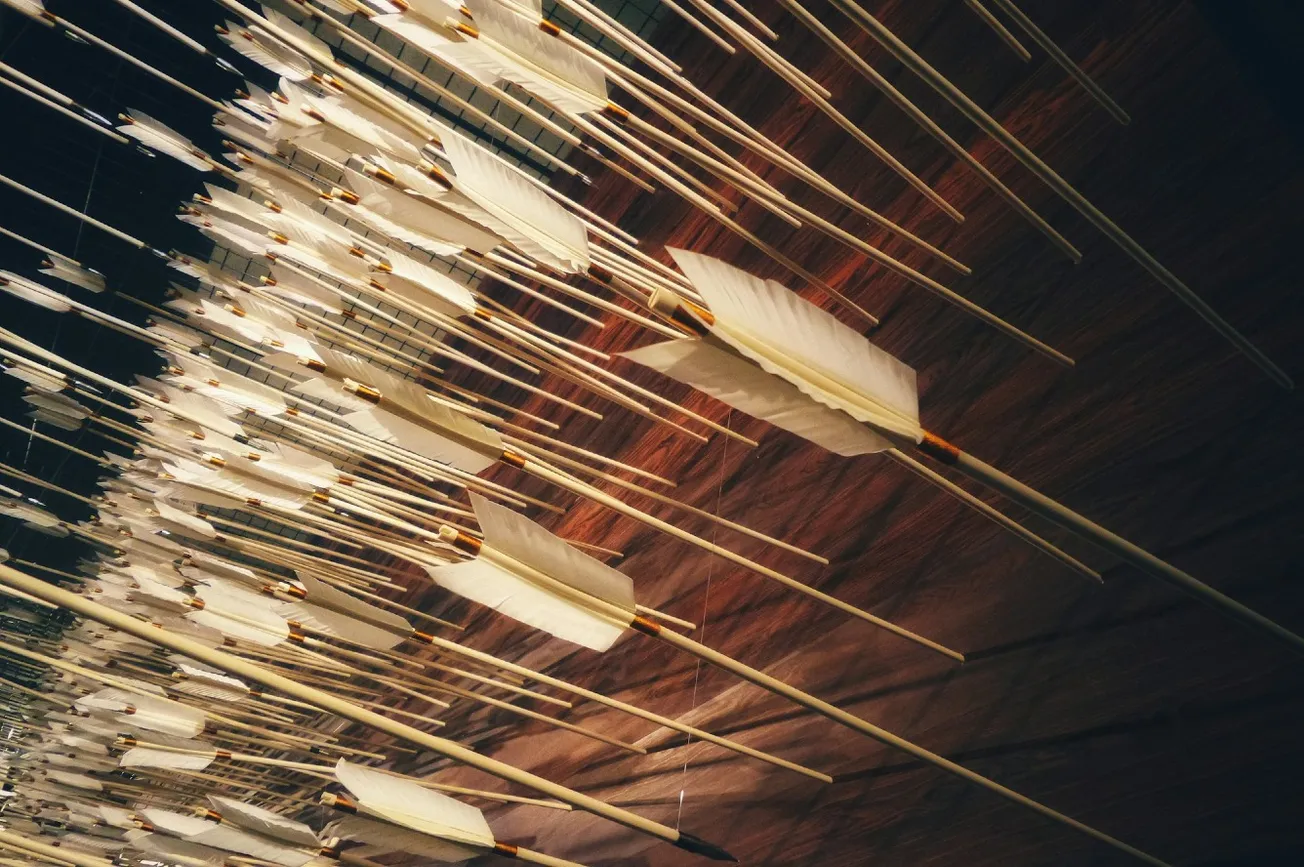Just about a year ago, reports that China was in talks with Cuba to set up a joint military training facility on the island caused a furor. Besides vehement denials and counter-allegations, little about the issue came into the public domain.
However, a recent report by the Washington-based Center for Strategic and International Studies (CSIS) again brings attention to Beijing's increasing activities in the island nation. Notwithstanding the limited engagement between Washington and Havana, Cuba is strategically important to the U.S.
Less than 100 miles south of Florida, the island nation is advantageously situated to survey the headquarters of both the U.S. Southern Command and Central Command, the space-launch complex at Cape Canaveral, military testing sites, multiple submarines, and military bases located in Florida and across the American southeastern seaboard.
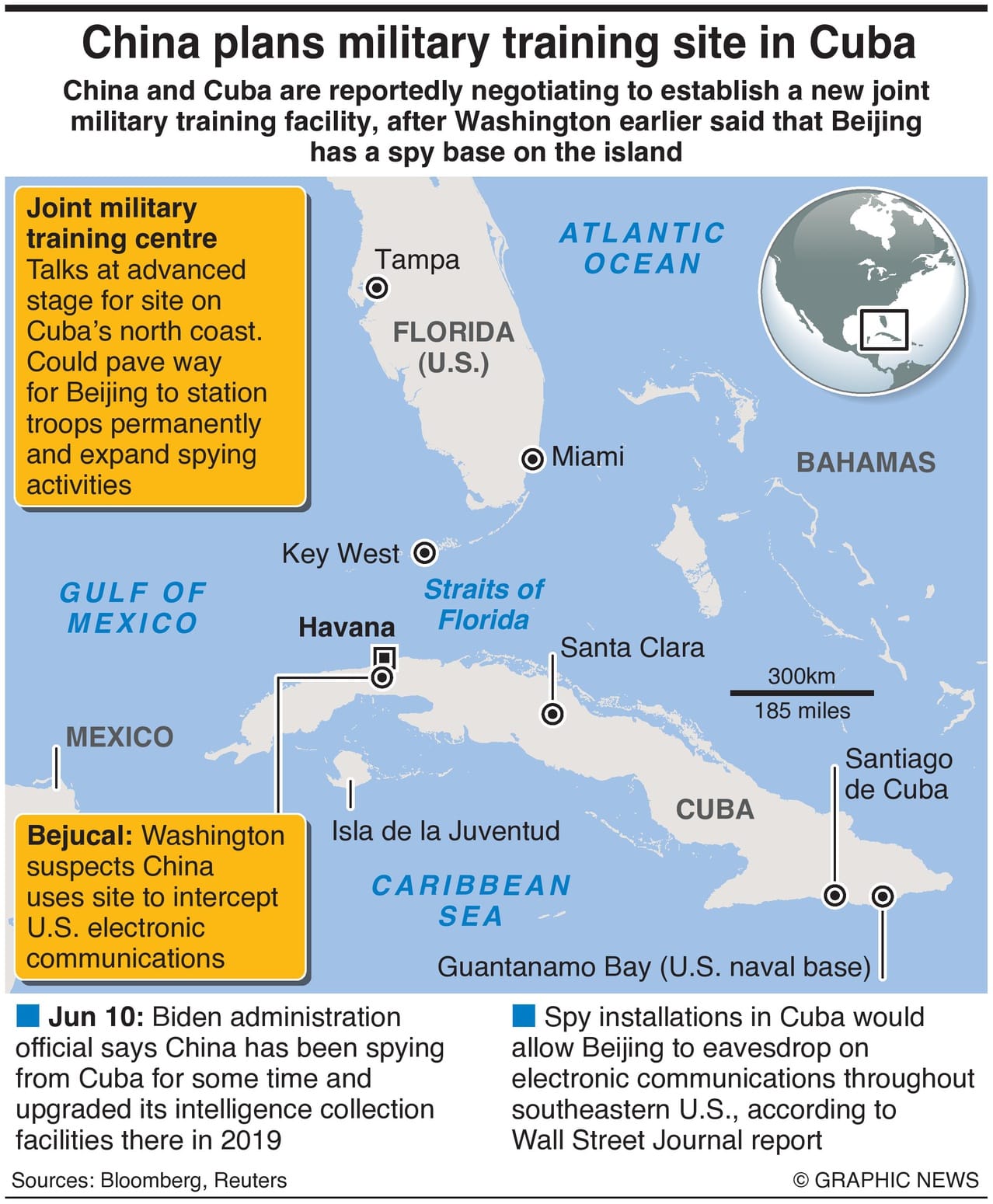
Based on satellite images and open-source information, the CSIS report points out "four active sites in Cuba capable of conducting electronic surveillance operations." The military bases being upgraded are suspected of housing Chinese intelligence personnel. The improved espionage infrastructures are located at Bejucal, Boyeros, and Calabazar, per satellite images released by the think-tank. The upgrades related to outer space communications, when Cuba does not have a national space program, raise suspicion. The construction of a previously unknown venue in Santiago de Cuba, just 70 miles from the U.S. naval base at Guantanamo Bay, is also causing alarm.
These expanded facilities could gather signals intelligence (SIGINT), a crucial component of modern military operations. Intercepted signals on missile tests, rocket launches, and submarine maneuvers could be interpreted to create a well-rounded picture of the enemy military capabilities.
As the report explains, though signals have immense intelligence value, the layout and location of the antennas used to collect the data are crucial. "Geography impacts the effectiveness of SIGINT. Radar transmissions generally require a direct "line of sight" to the target, leading to limitations caused by the curvature of the Earth and other physical obstacles.
Cuba's proximity to the southern United States and the Caribbean makes it a prime location for collecting SIGINT on the region. For Beijing, having access to SIGINT capabilities in Cuba would open a significant intelligence window inaccessible from within Chinese territory." The spy facilities are suspected to house radars with a range of 9,000 miles (14,500 km).
As Cuba does not have its satellites in orbit, the Chinese could use the space-monitoring equipment spotted on the island. Beijing could use the Cuban sites as ground stations to 'monitor and communicate with its space assets passing above the other side of the globe,' potentially addressing the country's lack of such facilities in North America.
But, the CSIS writes, "the types of space-tracking capabilities observed are likely intended to monitor the activities of other nations (like the United States) with a presence in orbit." From Cuba, China is potentially better positioned to monitor or intercept communication from American satellites. Even if Beijing is not directly involved in these facilities, the growing cooperation between the two countries could lead to intelligence sharing.
This is not the first time Havana has hosted an American adversary on its shores. In addition to the Cuban Missile Crisis of 1962, during the Cold War, the Soviet Union maintained its largest foreign intelligence site at the Lourdes Signals Intelligence Complex in Cuba.
"Obviously, we certainly would not want a country like the PRC conducting such an operation in such a region that has proximity to the United States," said the U.S. State Department principal deputy spokesman Vedant Patel at a press briefing. "PRC activities in Cuba have been going on for decades, and we know that the PRC is going to keep trying to enhance its presence in Cuba, and the United States is going to keep working to disrupt it."
Chinese and Cuban officials were quick to reject the report and its findings. They pointed to the lack of "a verifiable source" and "evidence" to refute the allegations. The Chinese Foreign Ministry spokesperson Mao Ning stated, "China and Cuba are good friends, good comrades and good brothers. China-Cuba relations are a good example of sincerity and mutual assistance between developing countries. China's cooperation with Cuba is done aboveboard and does not target any third party."
And therein lies the crux of the issue. With Beijing involved in the issue, transparency cannot be expected. One must rely on precedent and resort to inference. China has been expanding its influence and military presence globally, especially in the Pacific. The report states, "While China is unlikely to seek to establish major offensive capabilities on the island in the short term, the gradual expansion of its presence there will remain an enduring concern for policymakers in the United States and its regional partners."
With Taiwan's "re-unification," a contentious issue between the two nations, and Beijing striving to counter Washington's influence and match its military might, a Chinese toehold at "the doorstep of the United States" is a matter of concern.

